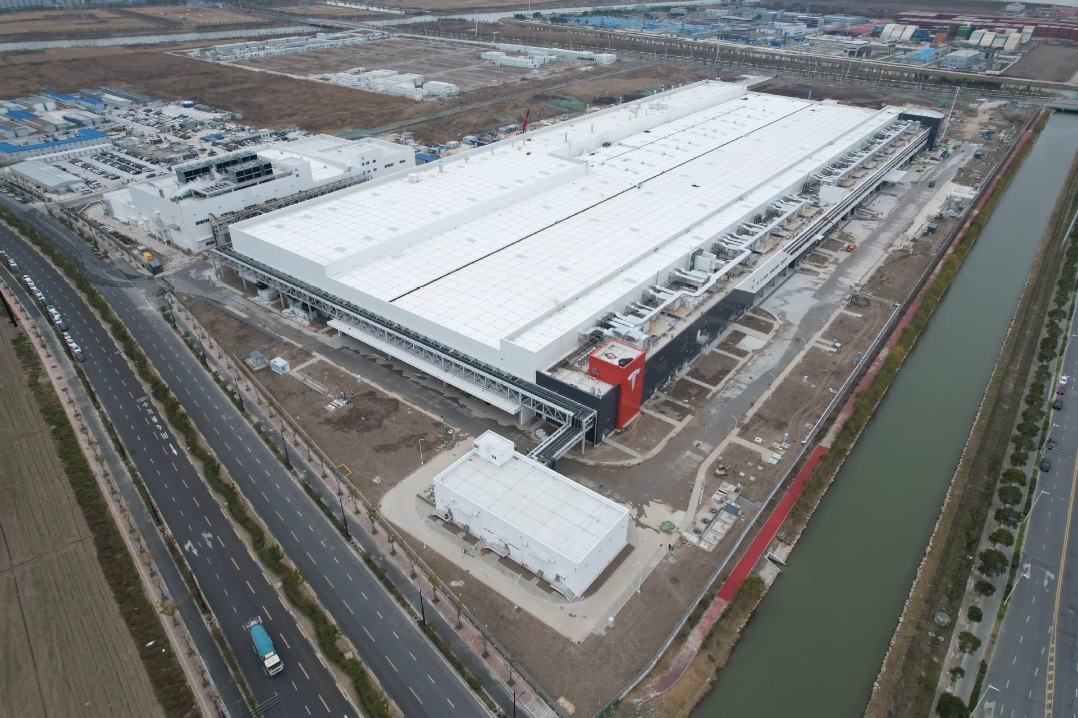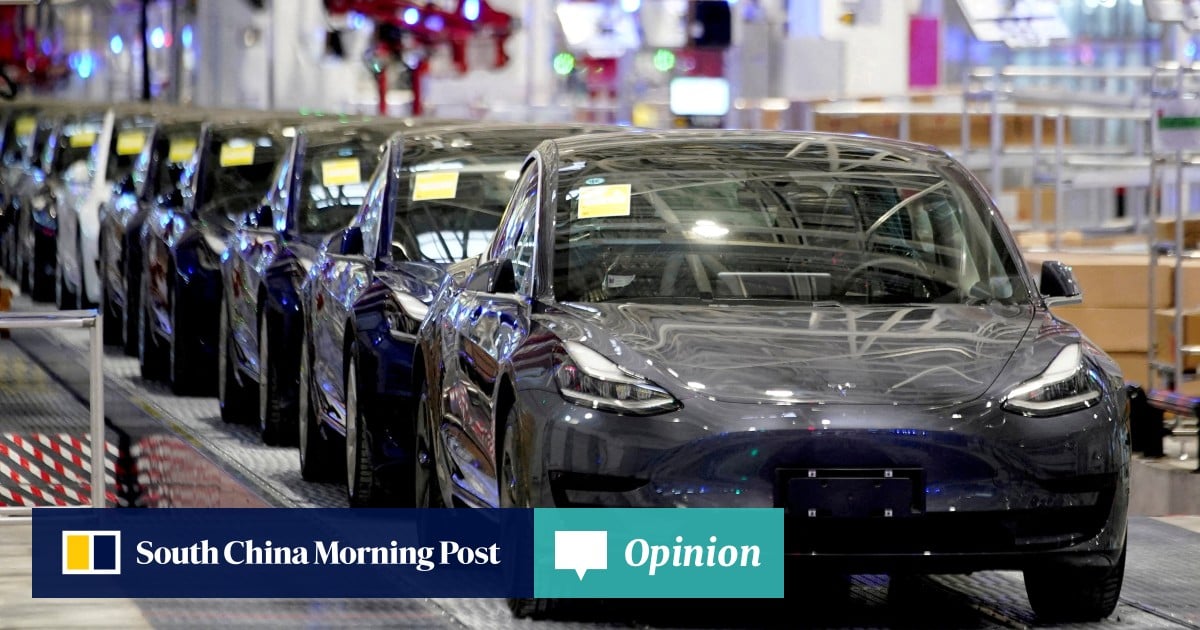

Tesla's Shanghai megafactory has officially commenced trial production as of December 31, 2024. This new facility, dedicated to manufacturing Megapack energy-storage batteries, marks a significant expansion for Tesla in China, following the construction that began just seven months prior. The factory is set to achieve mass production in the first quarter of 2025, with an initial capacity of 10,000 units annually, translating to 40 GWh of energy storage [91128f96].
The Shanghai megafactory spans 200,000 square meters and represents a total investment of approximately 1.45 billion yuan (around 201.7 million USD). This facility is notable as it is Tesla's second plant in Shanghai and the first outside the United States, further solidifying its commitment to the Chinese market [91128f96].
This new development comes on the heels of Tesla's previous gigafactory in Shanghai, which was inaugurated in 2019 with an investment exceeding 50 billion yuan. The company had signed a deal with Shanghai Lingang Economic Development for initial Megapack orders back in May 2024, indicating a strategic move to enhance its energy storage capabilities in the region [91128f96].
In light of these advancements, Tesla continues to receive favorable attention from Chinese state media, which recently praised the company's contributions to China's electric vehicle (EV) industry. The People’s Daily highlighted Tesla's role in helping China achieve a significant milestone of producing 10 million EVs this year, reinforcing the importance of foreign investment in the local economy [de14976c].
However, the landscape remains complex as local competitors like BYD and Xiaomi are rapidly advancing in the EV market, posing challenges to Tesla's dominance. Additionally, the potential return of former President Trump in 2025 raises concerns about new tariffs that could impact Tesla's operations in China, making the future of its relationship with the Chinese market uncertain [de14976c].